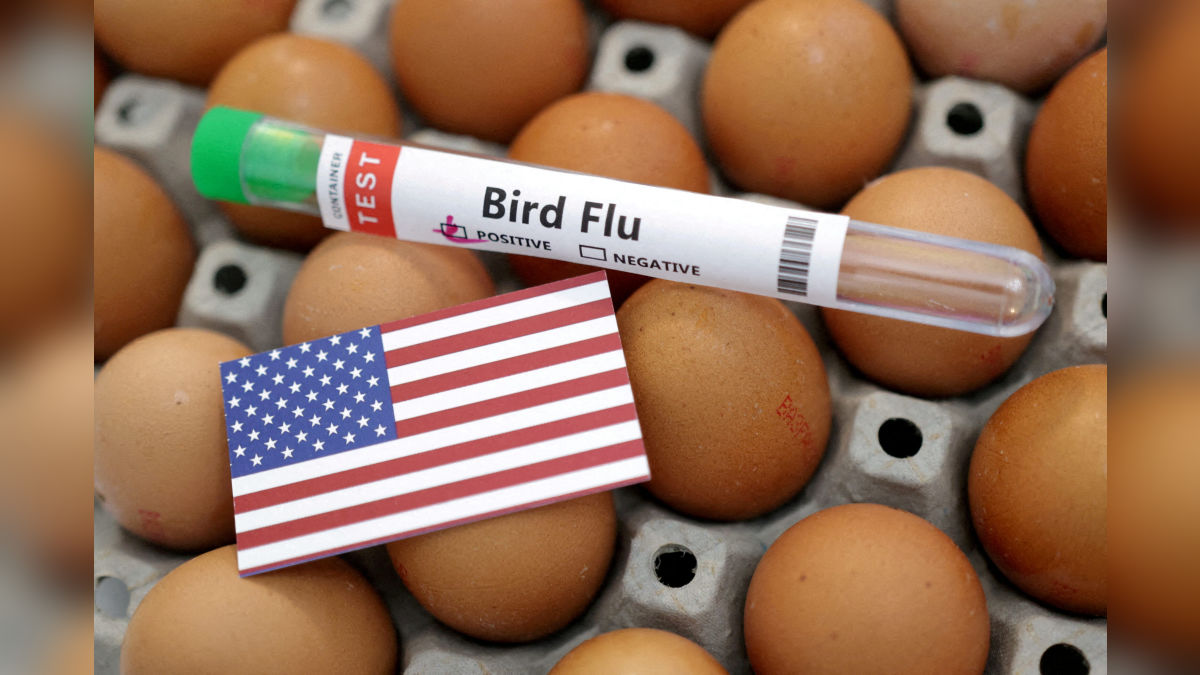A resident of Washington State has been admitted to a hospital after being diagnosed with the H5N5 bird flu, a strain not previously seen in humans. According to state health officials, the case is drawing attention because some experts believe the virus has “pandemic potential.”
How the infection likely happened
While investigators have not yet confirmed the exact way the patient was infected, early signs suggest backyard poultry may be the source. Both public health and agricultural agencies are working together to trace the chain of transmission.
Avian influenza viruses can spread through contact with bird saliva, faeces, or other body fluids, and the risk tends to rise during fall and winter when migrating wild birds come into contact with domestic birds.
A rare human case, but not without precedent
This is the first confirmed human case of bird flu in the US in nine months.
Though the H5N5 strain has circulated in animals, it has not been reported in people until now, making this a notable development.
Despite the novelty of H5N5 in humans, federal health authorities say the overall risk remains low.
But scientists are closely watching the situation. Dr Richard Webby, a virologist, warned that while “it’s not an easy leap for this virus … to switch from being a duck virus to being a human virus … I certainly wouldn’t bet on the fact that it can’t make that leap.”
Quick Reads
View AllThe concern: given enough time, the virus could evolve or reassort in a way that makes it more transmissible among humans.
Precautions advised
The Centers for Disease Control and Prevention (CDC) is monitoring individuals who had close contact with the patient. So far, no human-to-human transmission has been confirmed.
State health officials recommend precautions for people around birds or animal droppings: wear gloves, use a mask, and disinfect surfaces. They also advise avoiding contact with dead wild birds, double-bagging carcasses before disposal, and washing hands thoroughly.
Officials have also cautioned against consuming undercooked or raw dairy or meat products, especially unpasteurised milk and cheeses, which may carry a risk.
Additionally, public health leaders are recommending that people get the seasonal influenza vaccine. While it doesn’t protect against bird flu, vaccination reduces the chance of co-infection—a situation that could help the bird flu virus mutate into a more dangerous form.


)

)
)
)
)
)
)
)
)



